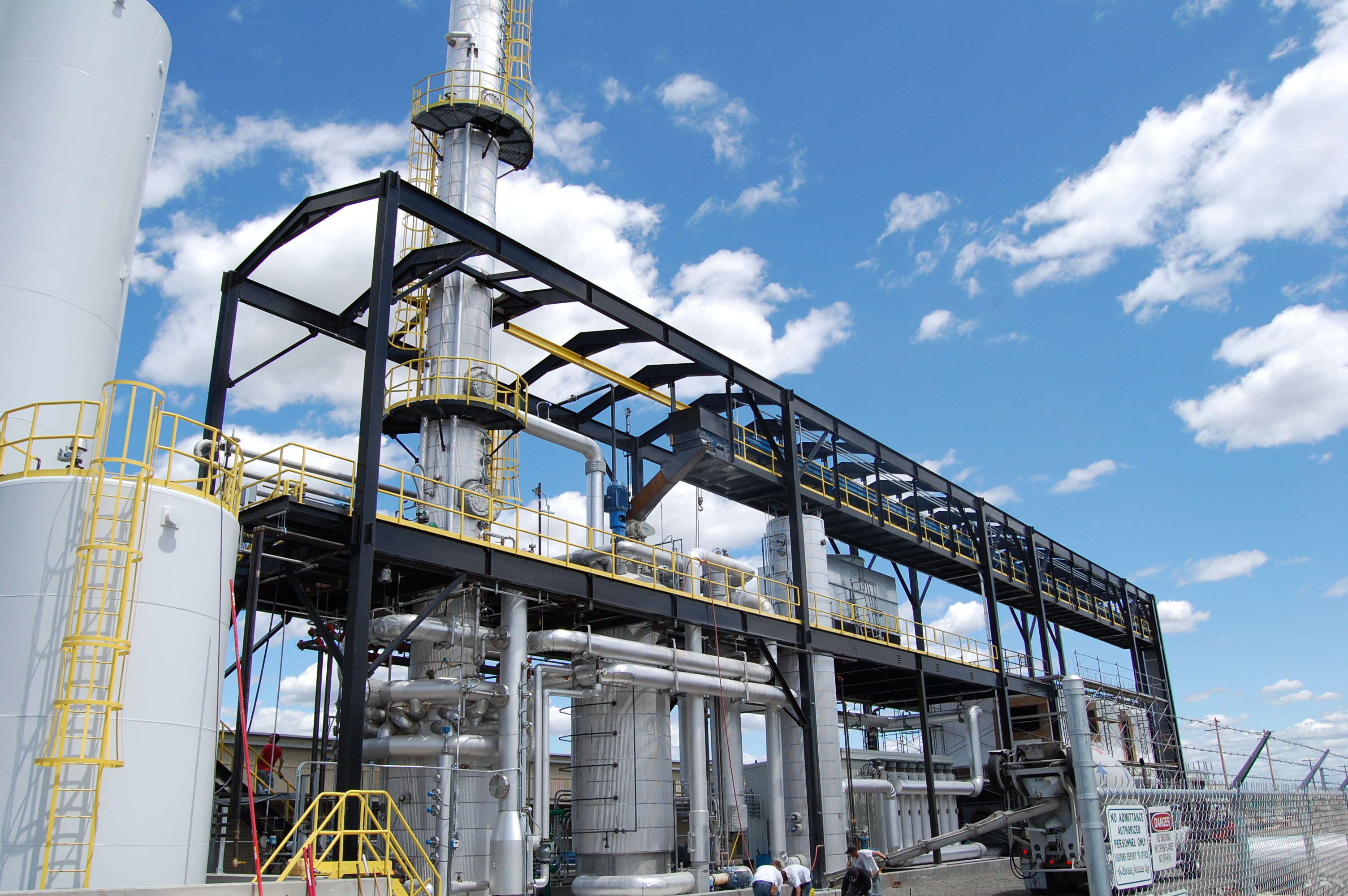Nigeria’s 2020 goal of achieving zero gas flaring appears to have gone up in flames. The Trans-Saharan Gas Pipeline Project (TSGP), upon which the country hoped to turn this goal into reality is seriously running behind schedule. It had earlier been due for completion this year.
A number of factors are responsible for what now seems an unachievable completion timetable. Security concerns along the proposed 4,400 kilometres pipeline route, increasing costs and ongoing uncertainty in Nigeria have plagued spite interests from domestic and international companies.
Nigeria currently loses N868 million daily to this environmental menace and oil and gas firms operating in the country are currently flaring 700 million standard cubic feet of associated gas per day, the Nigerian National Petroleum Corporation, (NNPC) disclosed.
In order to address the gas flaring problem, the federal government had earlier embarked on an ambitious ‘Gas Master Plan’ aimed at boosting the country’s gas sector and to achieve a wholly competitive market-driven domestic gas sector. An objective of the plan was to have the country’s electricity generation grow with improved gas supplies to gas-fired generating plants, which make up about 80 per cent of Nigeria’s power generation capacity. The effects of this plan are yet to be seen as power generating plants in the country still suffer supply shortages.
Natural gas is still the major constraint of power generation in the country and Maikanti Baru, group managing director of the NNPC said that the amount of flared gas is able to generate 5,000 megawatts of electricity daily. But it remains to be seen how he hopes to make this happen beyond just saying it.
Experts continue to advocate for stiffer measures against gas flaring, and even the finance minister, Kemi Adeosun, had earlier said that the Associated Gas Reinjection Act of 1979 needs to be changed in order to eradicate gas flaring completely. It has been illegal to flare gas in Nigeria since 1984 without the written permission of the minister of petroleum resources, but the current ‘charges’ for gas flaring in Nigeria officially stand at $0.60 per ‘000 ft3 of associated gas flared.
A change will come in the form of the Petroleum Industry Bill (PIB) which raises penalties to $3.5 per mcf of associated gas flared, lawmakers are hopeful this would be signed into law by this month end. However, the low charge for gas flaring means that some companies still prefer to flare rather than re-inject or market the gas, because they can get tax breaks on the charges they pay for gas flaring. Another reason why companies prefer to flare gas is because some of the country’s oil fields lack the infrastructure needed to capture the natural gas produced with oil.
U.S State Energy Information Administration (EIA) had explained that progress is still limited because security risks in the Niger Delta have made it difficult for international oil companies to construct infrastructure that would support gas commercialization.
Yet, Baru said that the NNPC has helped to reduce gas flaring and to improve gas supply to critical sectors of the economy by revamping of the country’s pipeline network. According to him, within 8 years, almost 500 kilometers of pipelines had been completed, commissioned and were now delivering gas.
“We have embarked on one of the most aggressive gas reforms and implementation. Accelerated implementation of gas pipeline infrastructure development, with specific focus on critical pipeline infrastructure to power plants, is being put in place,” Baru said.
Some of the completed pipelines he listed include the ObenGeregu pipeline, Escravos-Warri-Oben pipeline, Emuren-Itoki pipeline, Itoki-Olorunshogo pipeline, Imo River-Alaoji pipeline and Ukanafun-Calabar pipeline.







